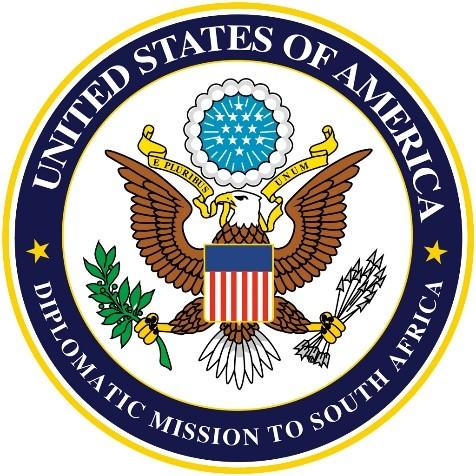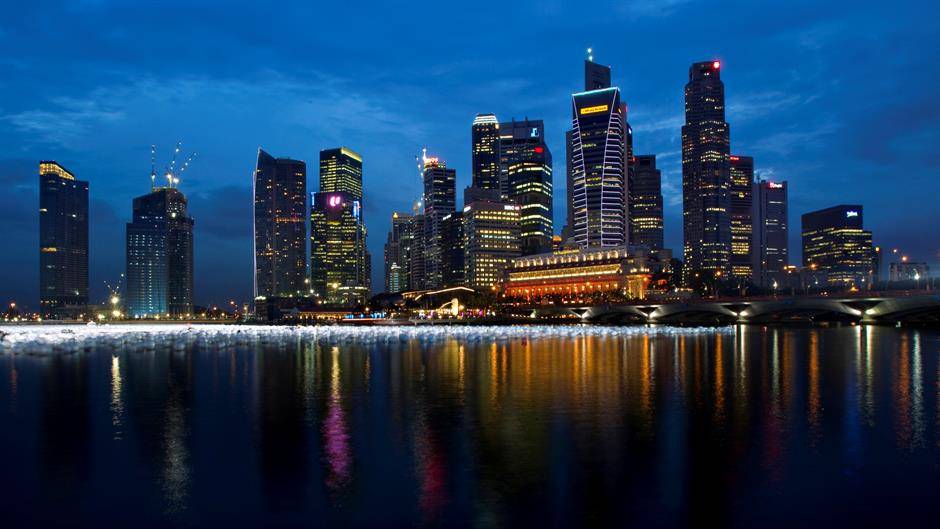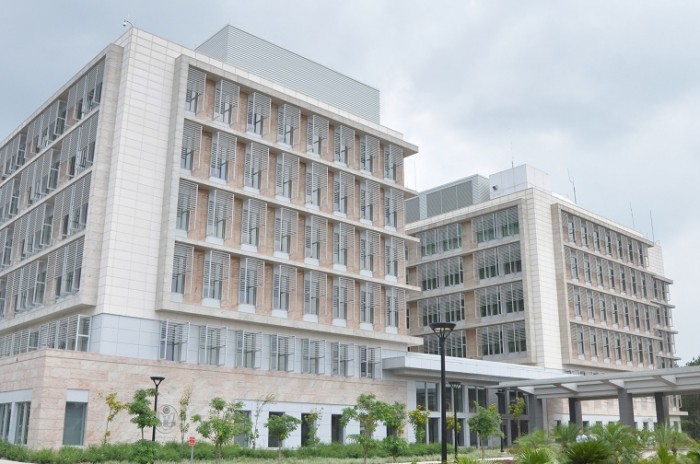Scheduled for Feb 27, 2014
Engaging in activism online has become standard practice around the world, even in countries where repressive regimes try to clamp down on these digital voices. Sites such as Facebook and Twitter have created new online communities and play a critical role in modern activism, perhaps most clearly seen in the Arab Spring uprisings. How do individuals make use of these tools in countries that seek to control online content and often punish those that speak out against their government? Authoritarian governments still try to control what information their citizens have access to and isolate individuals from one another to prevent popular uprisings, even as social media makes this task next to impossible. China offers a clear example of this struggle, with bloggers often censored or jailed. New rules to prevent online rumors or slander could land convicted offenders behind bars for up to three years. In Russia, censorship is less prevalent, but anti-government comments can lead to harsh punishment and Cuba’s internet remains one of the most restricted in the world. However, in each of these countries, dissidents remain active, finding and creating communities online and speaking out against injustices. Emily Parker will share stories of online activists in Russia, China and Cuba and discuss how social media remains a powerful tool in the fight against repressive regimes.
Emily Parker is a Digital Diplomacy Advisor and Future Tense Fellow at the New America Foundation.
For more information about this event please visit: http://www.worldaffairs.org/events/ev…
-
Category
-
License
Standard YouTube License













